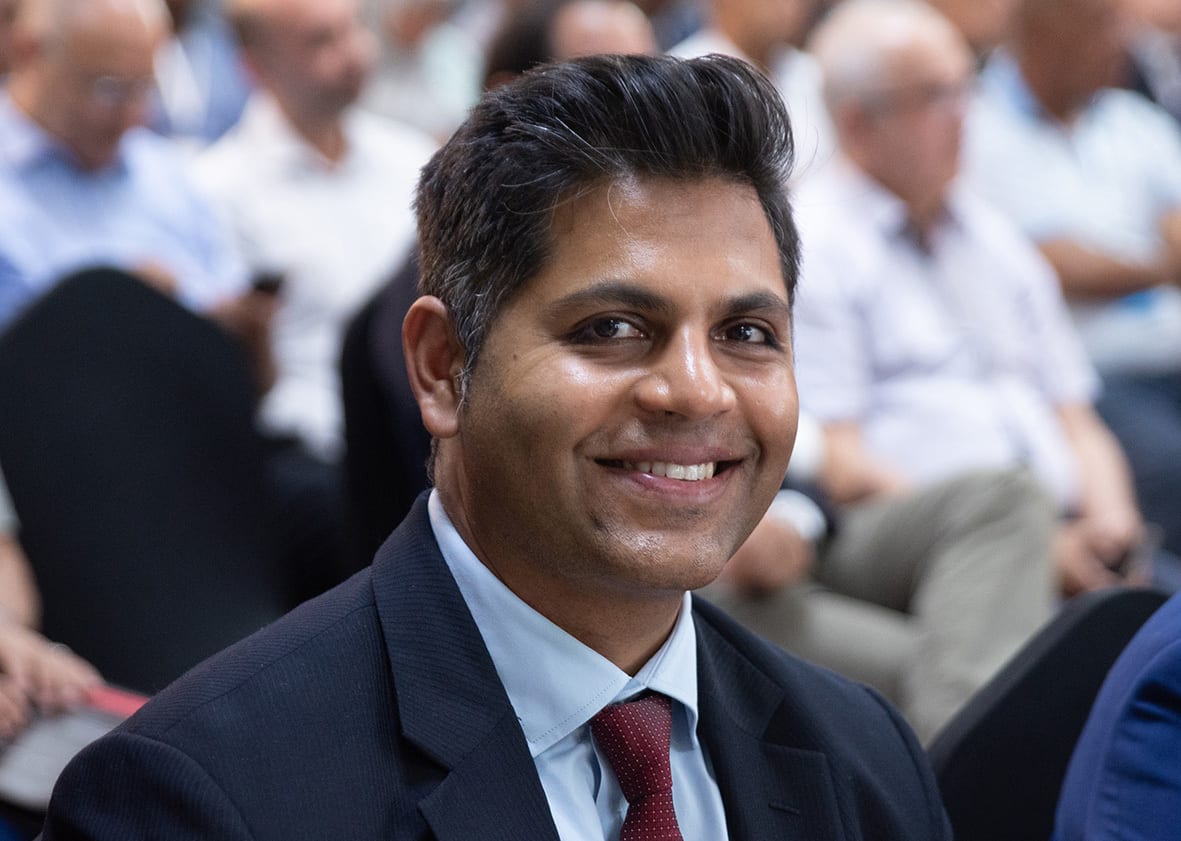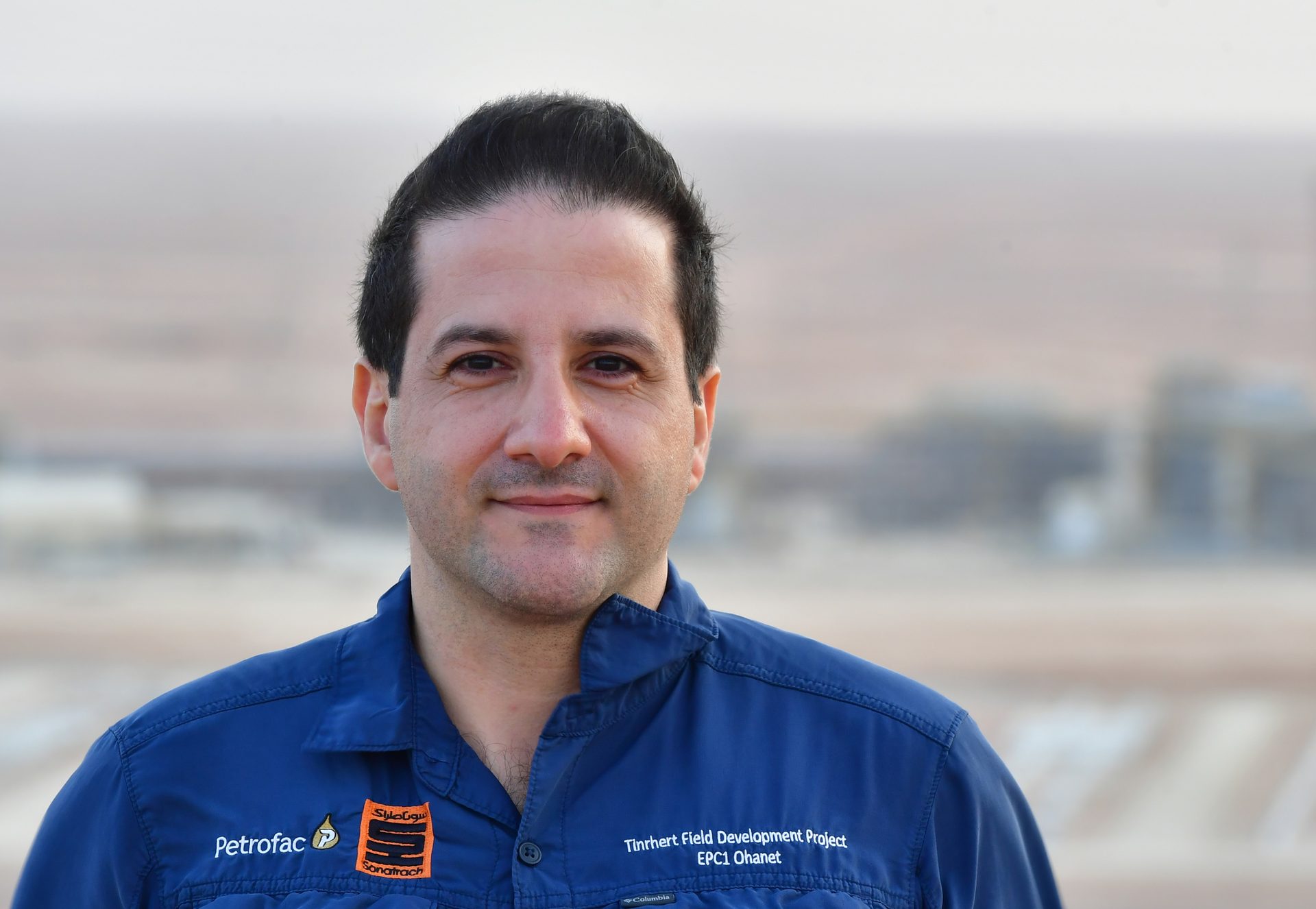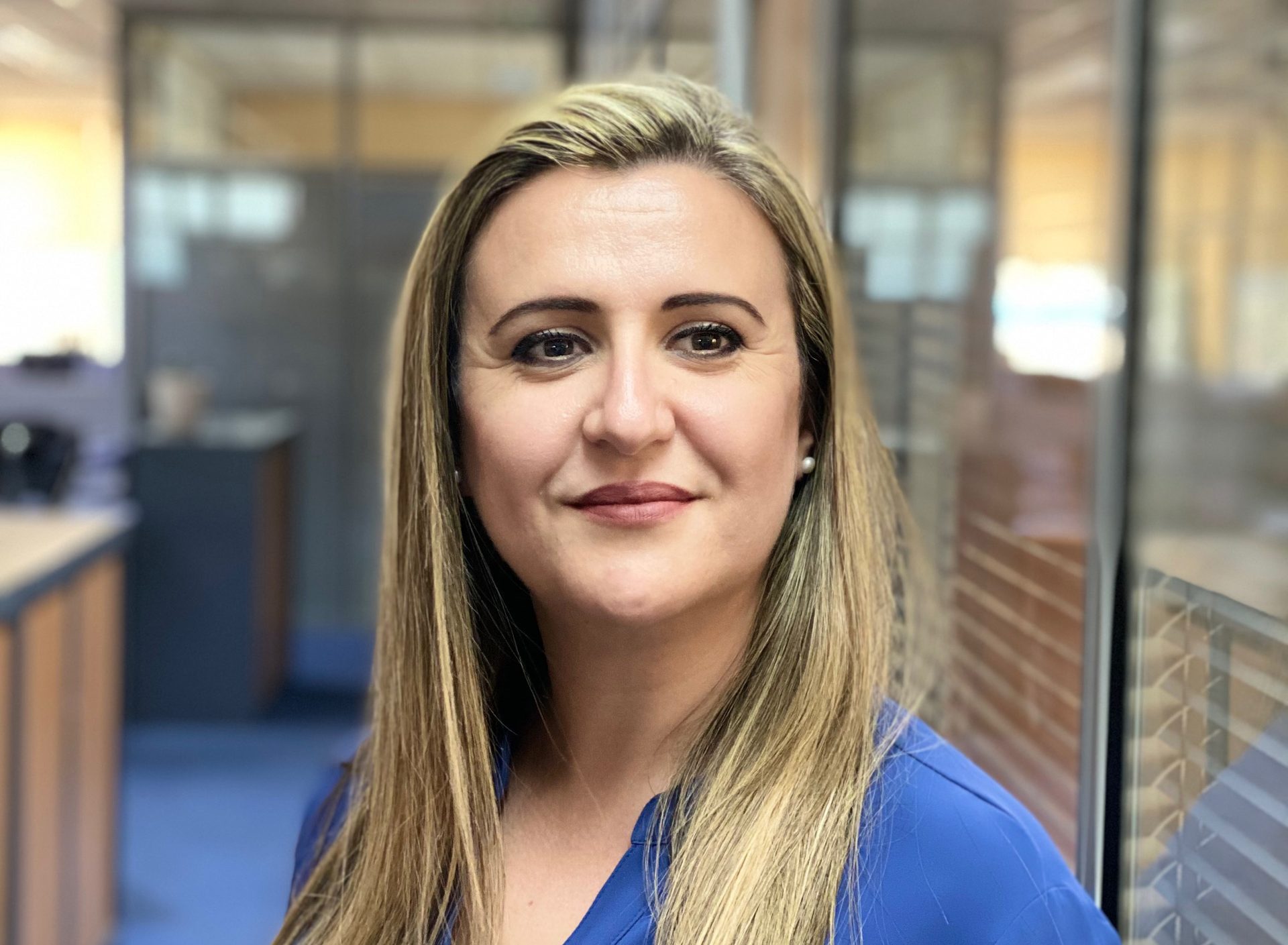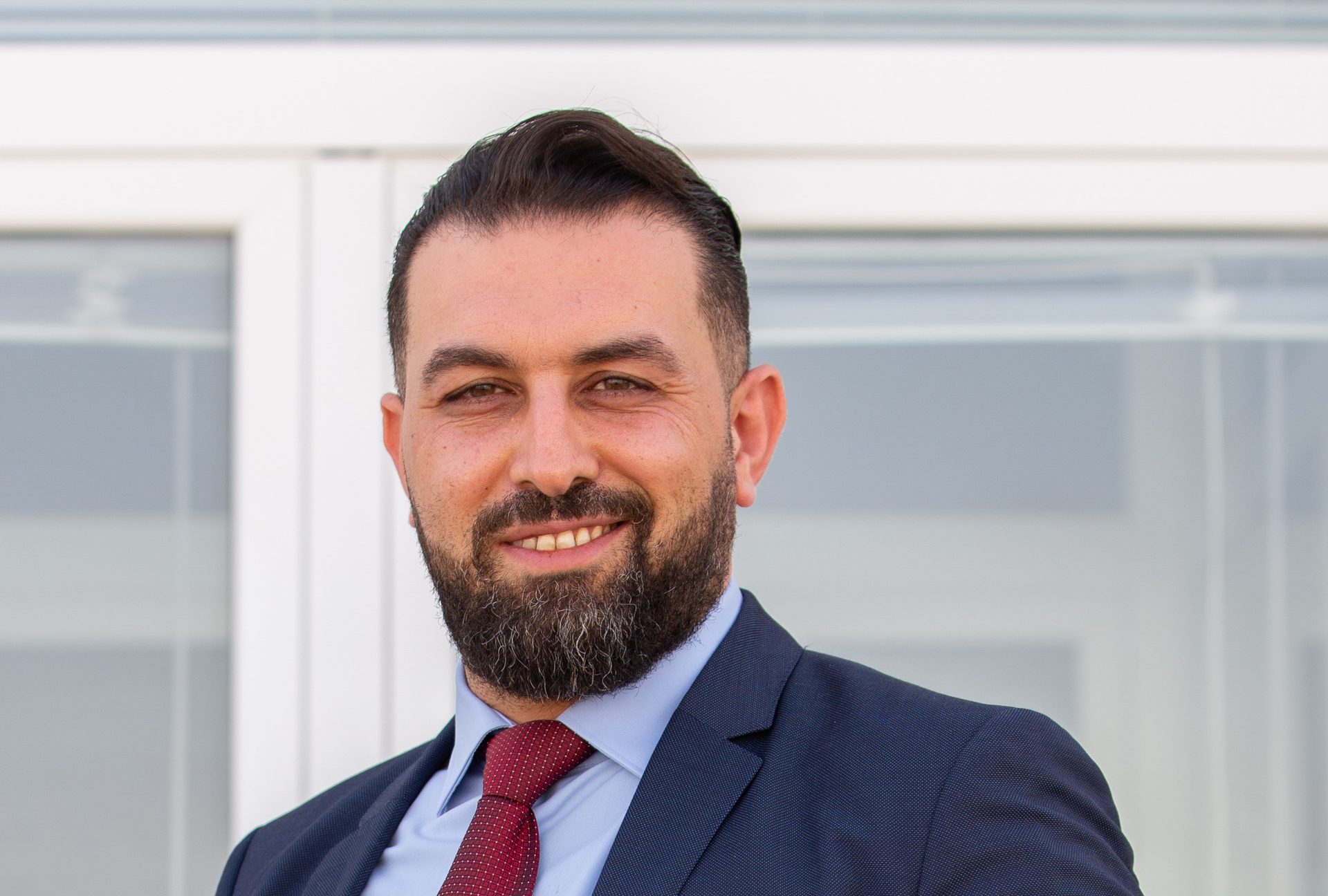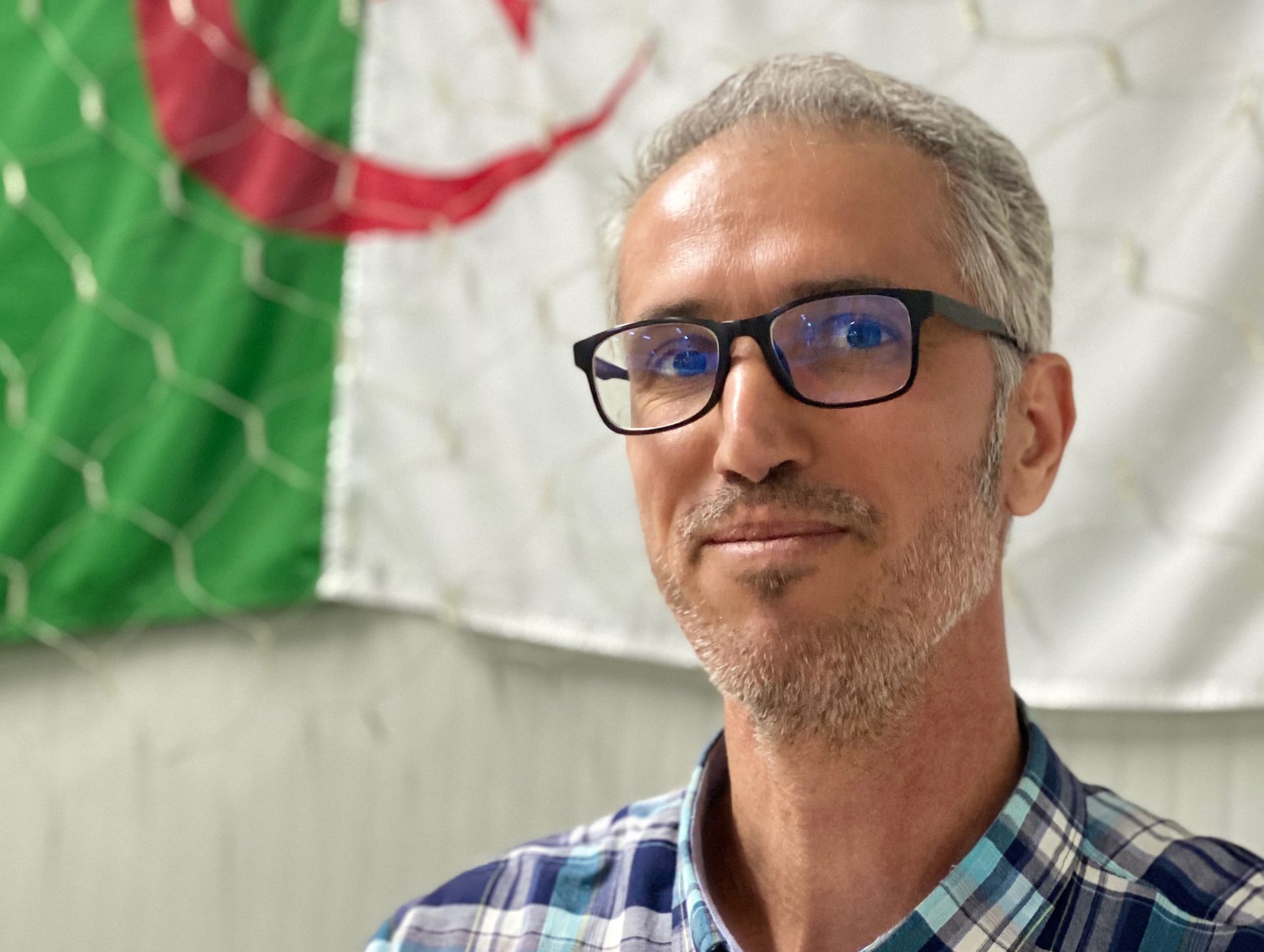PEOPLE
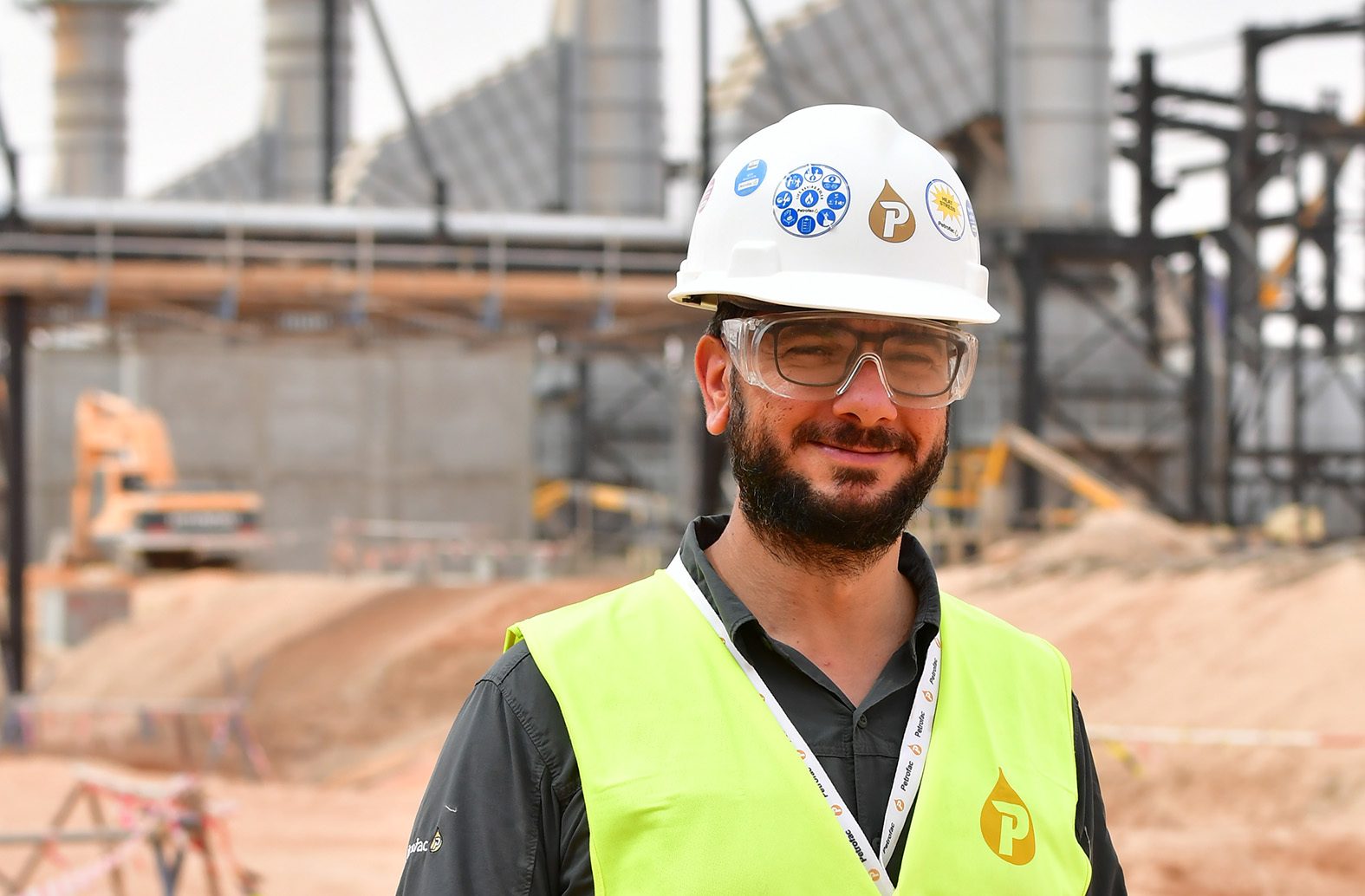
HUSSEIN SAWALHA, PROJECT DIRECTOR, AIN TSILA
Hussein wanted to be a doctor when he was younger rather than an engineer. But with a 16-year career at Petrofac, he says engineering has proved to be the right choice. Here, Hussein, who is from Palestine, tells us about another major project in Algeria, Ain Tsila.
I joined Ain Tsila as a project manager in 2019 and last year I got the opportunity to lead the project as director… Our scope involves engineering, procurement and constructing a Central Processing Facility and an offsite export pipeline and gathering system. Engineering and procurement are substantially complete and we’re now at the peak of construction activities. This project is strategically very important to Algeria and will produce 10.2 million cubic metres of gas. Considering the current energy challenges in Europe, it’s vital that we expedite production and we are aiming for first gas in the first quarter of 2023.
I joined Petrofac in 2006 as a graduate mechanical engineer… I spent almost two years as a piping material engineer. I then moved to the mechanical engineering department and my first project was the In Salah compression project in Algeria. I then moved into project management and was project engineer and project delivery manager for another two projects in Algeria before working in Kuwait and the UAE.
What is most rewarding about working on Ain Tsila… is seeing how we are contributing to the Algerian economy and local community, especially through utilising the country’s skilled taskforce. Almost 90% of the 4,000 people working at site are Algerian and many of them come from the local province in the south where the project is located. A project in Algeria being built by Algerians – it’s a proud moment for Petrofac.
There was a complete lockdown in March 2020 because of the first wave of COVID… it affected our progress with engineering and procurement. It lasted much longer than expected and Algerian airspace was closed until October 2021. However, we managed to overcome these challenges by employing more local people, running chartered flights and more advanced planning. The disruption in the supply chain had impacted the flow of materials to site, so we had to replan and work with our client closely.
I wanted to become a doctor when I was younger… I had the chance to do a scholarship, but I didn’t want to be away from my family. So, I decided to study engineering. It was the right decision; looking back at my 16-year career I’ve continually progressed with Petrofac. I have experienced many types of projects, travelled across the world and worked with many different nationalities. I’ve met people I’d never have met if I’d become a doctor. Your hard work is always recognised and appreciated too; I’m proud that management see us as the young generation to lead the organisation in the future.
Patience is key… Talent does not necessarily equal years of experience and in the energy industry career progression can be slower than in other industries, but there are more rewards and there is so much to learn. I’d encourage graduates now to get as much exposure as possible to different projects, people and sites to enrich their experience. Do not hesitate to go and see what we are designing.
In my spare time I enjoy spending time with my family… I have a 7-year-old boy and a 5-year-old girl and they fill my spare time. I also enjoy spending time with friends and going for picnics when the weather is nice – and watching football!
“Almost 90% of the 4,000-strong team is Algerian. A project in Algeria being built by Algerians – it’s a proud moment for Petrofac.”
WORDS CHRISTINA McPHERSON
PUBLISHED JUNE 2022
